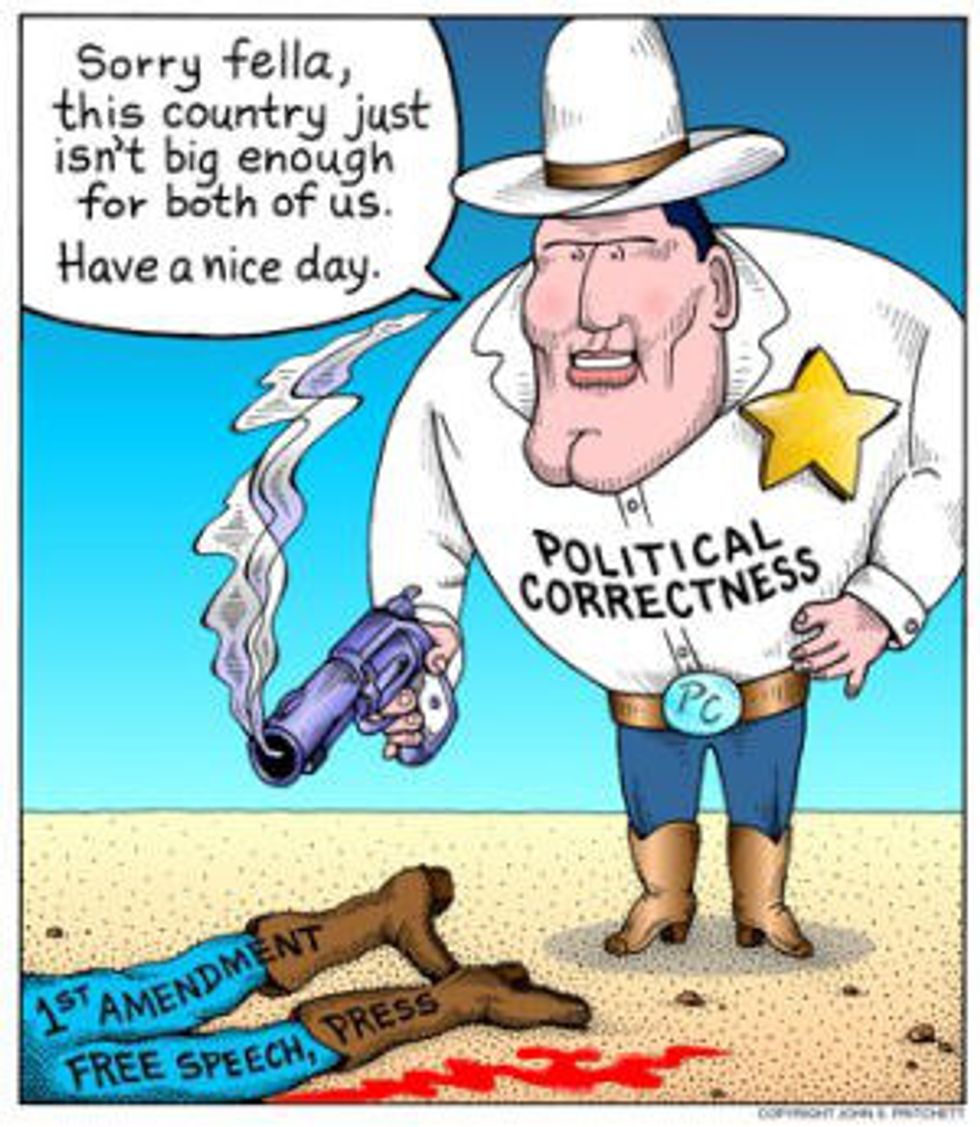While most parents place a big emphasis on tolerance and preach respecting differences, there are the few that don't. I'm not racist, but my parents probably are. I'm sure this realization has crossed more than just my mind — especially if your parents are foreigners. As endearing as their seemingly other-worldly mannerisms are, how should a kid react to an everyday slur or assumption? When parents' uncouth commentary pervades a child's first line of thought, how could the child perceive society as anything else?
Don't get me wrong — I love my parents. If they were reading this, they would deny most of my accusations because although they have opinions, they won't push their views onto others. While I understand the root of their mentalities dates back to the Soviet Union and reconstructing their viewpoints isn't a viable option, I can't help but wonder why kids of immigrants are deliberately coaxed into believing they're racist just because their parents might be. Yet, what I'm trying to emphasize is that the problem of our inability to accept our parents may have something to do with our modern era of hyper-sensitivity. Yes, our generation is more progressive than ever as we've lent ourselves to about every social, political and environmental movement out there, but we should consider that what's progressive for one group may ironically be debilitating to another. While we're constantly advocating for the other party, we now have to proceed with caution more and more often and walk on glass just to carry on regular conversations.
My dad is a strong conservative — and mostly maintains a fairly hostile persona. Although he is negative one on a scale of approachability, his views should be respected just as others' views are respected. Obviously, I'm not condoning a return to the 1950s, but rather a mutual understanding. For every kid with foreign parents, and quite frankly anybody who's afraid they're not politically correct enough, I think it's safe to say we've had our share of "unamerican" experiences that have highlighted a stubborn, centuries-old mentality hinged on stereotypes. I shouldn't have to "reprimand" my dad for saying something offensive, as long as it's not directed towards someone.
Although political correctness is a fairly new term brought to light by a massive war on Christmas beginning in the early 2000s, it has made half of America paranoid — and has made me question my own beliefs. But with our recent move to the culturally diverse Miami from a predominantly white area of Illinois, I've moved away from the confines of political correctness and embraced the mutual language of people.





















